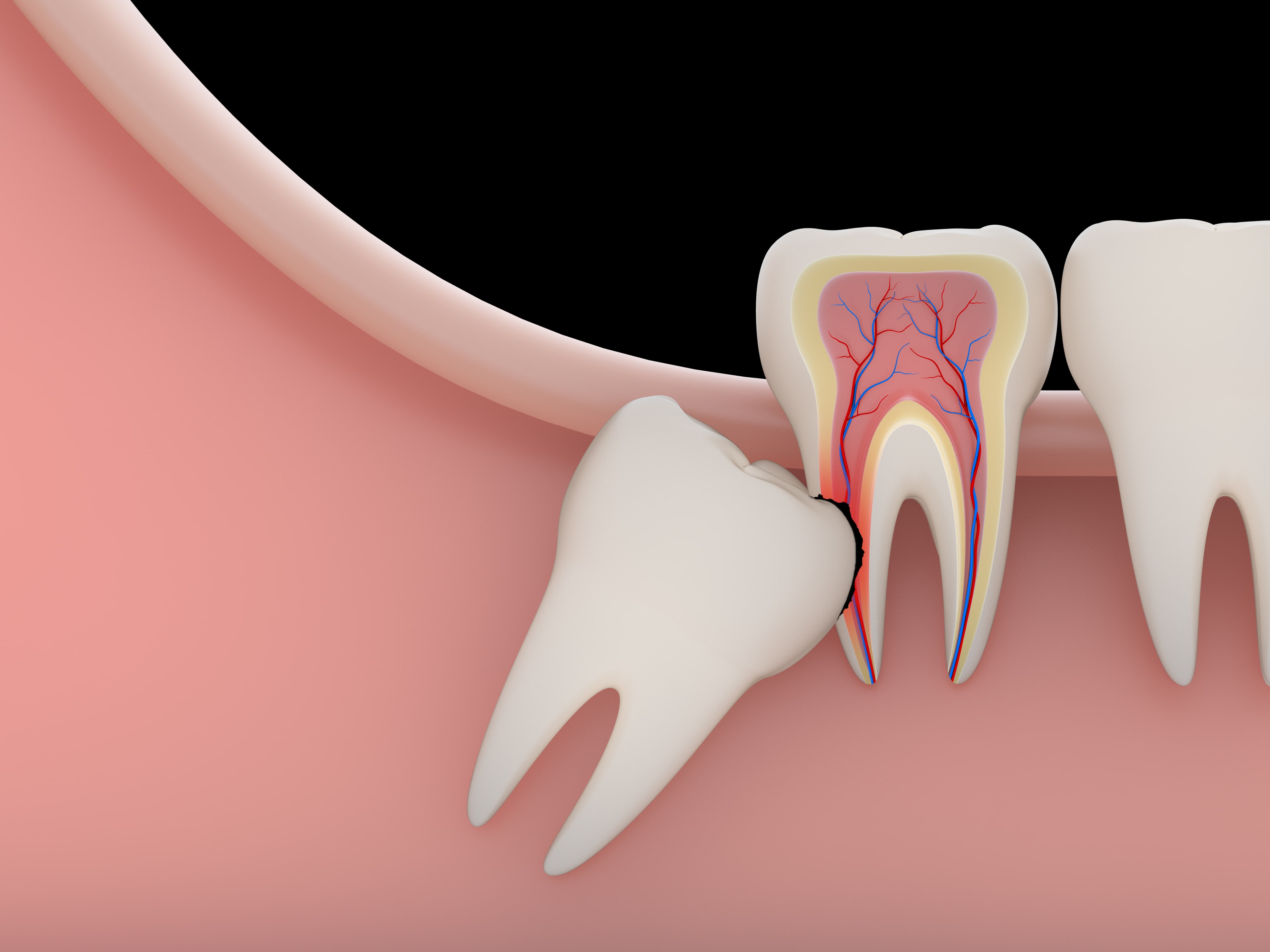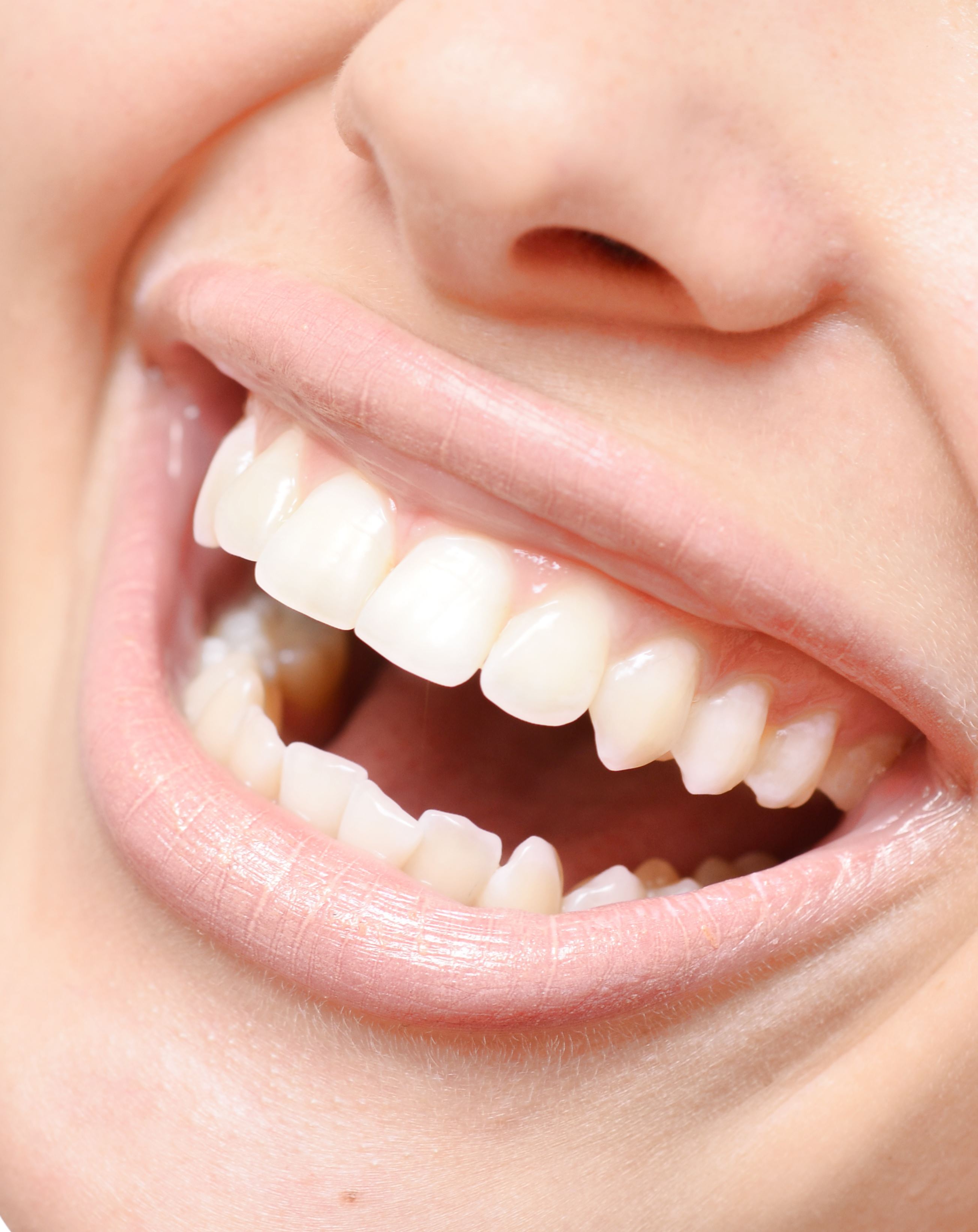781 Centre Road, East Bentleigh, VIC 3165
-
Mon- Fri 8am – 5pm
Do you experience pain or discomfort when your teeth are exposed to certain stimuli? You might be experiencing something called ‘dentin hypersensitivity’, which is a fancy way of saying that you have sensitive teeth. A degree of sensitivity is normal, but temporary or chronic pain in one or more teeth as a result of normal everyday activities such as eating hot soup or ice cream might be a sign of a problem that needs to be addressed by a dentist. This blog post from East Bentleigh Dental Group contains more details about the symptoms, causes and treatment options for dental sensitivity.
What Are the Symptoms of Sensitive Teeth?
The most prominent symptom of sensitive teeth is a sharp and sudden pain that occurs in response to external stimuli. The frequency and severity of the pain can vary from irregular to regular and mild to intense. A range of stimulus can trigger the discomfort, including:
- Hot foods and beverages
- Cold foods and beverages
- Sugary foods and beverages
- Acidic foods and beverages
- Cold water and cold air
- Brushing or flossing teeth
Pain caused by one or more of these triggers should be taken as a sign of dentin hypersensitivity and a reason to get your teeth looked at by a dentist to determine the cause.
What Are the Causes of Sensitive Teeth?
Thin enamel and exposed dentin is the most prominent cause of tooth sensitivity. Enamel can wear down over time as a result of brushing too hard, grinding your teeth during sleep, and consuming acidic foods or beverages on a regular basis. If the inside of your teeth are exposed due to decay or damage, sensitivity can occur. Other conditions that can cause sensitive teeth include acid reflux and gum recession. Dental work such as fillings, crowns and bleaching can also cause sensitivity, although this is usually temporary and subsides after several days.
How is Dental Sensitivity Treated?
There are a number of ways dental sensitivity can be treated. Toothpastes for sensitive teeth and alcohol-free mouthwashes are a good place to start. In addition, you can use a softer toothbrush and adopt gentler brushing techniques. Lifestyle and dietary changes such as reducing your intake of acidic foods and beverages can also help you manage the condition. You should also consider visiting your dentist for advice and solutions, including prescription-grade products that can help strengthen your enamel and protect your teeth. If the sensitivity is caused by an underlying medical condition, getting treatment for that may alleviate the problem.
Get Advice & Assistance for Sensitive Teeth Today
East Bentleigh Dental Group offers services and treatments for dental sensitivity. Visit our contact page for more details about how you can contact us to get the assistance you need. We’re always happy to answer queries and book you in for an appointment.







